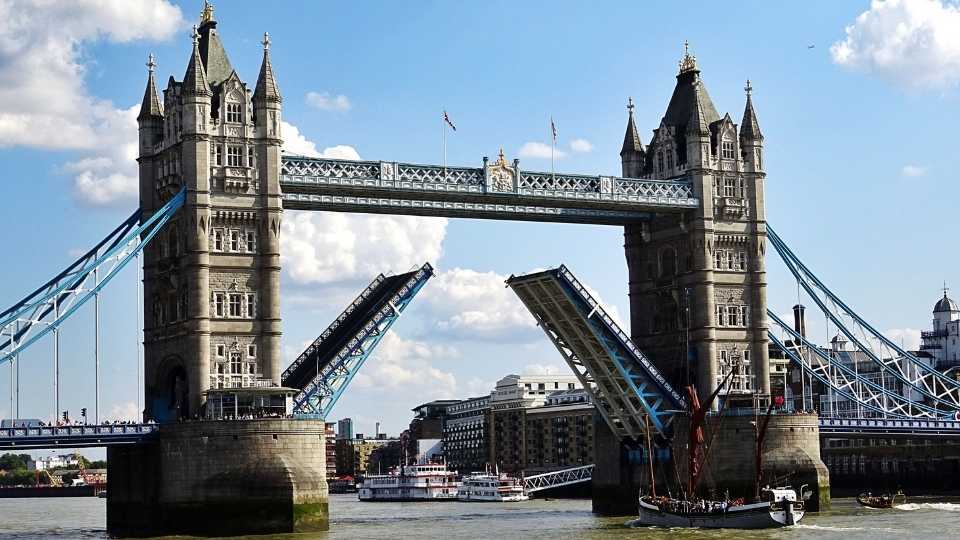Travel
How Can I Trace My Heritage Through Travel?
Embarking on a heritage travel journey starts with family history research, gathering documents, and interviewing relatives. Create a travel plan around key

To trace your heritage through travel, start by researching your family history. Gather documents like birth certificates and interview relatives for stories. Identify key locations connected to your ancestors, such as hometowns or workplaces, and plan your travel itinerary around them. While traveling, engage with local communities by participating in events and initiating conversations to learn their customs and history. Visit museums and historical sites for deeper insights into your ancestry. Document your journey in a journal or scrapbook to capture meaningful experiences. This immersive approach will deepen your understanding of your roots and may reveal even more connections ahead.
Research Your Family History
When you plunge into researching your family history, you’ll uncover a wealth of stories and connections that can deepen your understanding of who you are.
Start by gathering documents like birth certificates, marriage licenses, and family photos. These records can reveal names and dates that form the foundation of your ancestry.
Next, talk to relatives; their memories can provide rich details often overlooked in official documents.
Utilize online databases and genealogy websites to expand your search, as they offer valuable insights and access to historical records.
Don’t hesitate to join local genealogy groups or forums, where you can share tips and learn from others.

This journey not only connects you to your past but also gives you a sense of belonging in the present.
Identify Key Locations
Identifying key locations tied to your family’s history is essential for a deeper understanding of your roots. Start by pinpointing places where your ancestors lived, worked, or gathered. Historical records, like census data or immigration documents, can help you find these locations.
Once you’ve identified them, consider creating a travel itinerary that includes these sites. Visiting your ancestral homeland or specific towns can offer unique insights into your heritage.
While traveling, prioritize safety by researching local customs, staying in well-reviewed accommodations, and keeping your belongings secure. Make sure to have a plan for maneuvering public transportation or driving in unfamiliar areas.
This thoughtful approach won’t only enrich your travel experience but also strengthen your connection to your family’s past.
Engage With Local Communities
Engaging with local communities during your travels can significantly improve your understanding of your heritage. By participating in local events or markets, you’ll gain insights into traditions that shaped your ancestry.
Don’t hesitate to strike up conversations with residents; they often share stories that connect you to your roots. Consider joining guided tours led by locals, as they provide a safe way to investigate cultural nuances.
It’s wise to be respectful and mindful of customs, which can lead to deeper connections. Volunteering for community projects can also enrich your experience, allowing you to contribute positively while learning.
Visit Historical and Cultural Sites
Your journey into heritage can take a profound turn when you visit historical and cultural sites. These places often hold the stories of your ancestors, offering insights into their lives and traditions.
As you investigate museums, monuments, and ancient ruins, take the time to read plaques and listen to guides; they provide essential context that enriches your understanding.
Remember to prioritize your safety by sticking to well-traveled paths and staying aware of your surroundings. It’s also wise to check local guidelines, as some sites may have restrictions or requirements.
Engaging with these locations allows you to connect with the past, giving you a deeper appreciation for your heritage. This experience can be both enlightening and grounding, deepening your sense of identity.
Document Your Journey
Capturing memories during your travels can transform fleeting moments into lasting treasures. Start by keeping a travel journal, noting your thoughts, experiences, and the people you meet.
Use your smartphone to take photos or record short videos, but remember to respect the privacy of others. Consider creating a scrapbook or digital album to compile these memories in one place. Each entry can help you reflect on your journey and deepen your understanding of your heritage.

If you feel safe, engage with locals and ask them about their culture; their stories can enrich your experience.
Frequently Asked Questions
How Do I Budget for Heritage Travel Expenses?
Budgeting for heritage travel expenses means planning carefully, researching costs, and setting priorities. You’ll want to think about accommodation, transportation, food, and activities. Keep your safety in mind, and always have a financial cushion for unexpected expenses.
What Travel Documents Do I Need for My Heritage Trip?
You’ll need a valid passport and possibly a visa, depending on your destination. It’s smart to check entry requirements, keep copies of important documents, and guarantee your travel insurance is up to date for safety.
Can I Trace My Heritage Without Traveling Abroad?
Absolutely, you can trace your heritage without traveling abroad. Start by exploring online resources, connecting with relatives, and using genealogy websites. These methods can reveal rich histories and connections from the comfort of your home.
Are There Apps to Help With Heritage Travel Planning?
Ever thought about planning a journey to your roots? There are apps like Ancestry and MyHeritage that help map your heritage trips. They prioritize your safety while connecting you to your past. Plunge in and investigate!
How Do I Ensure Safety While Traveling for Heritage Research?
To guarantee safety while traveling for heritage research, you should stay aware of your surroundings, keep emergency contacts handy, avoid risky areas, and always share your itinerary with someone you trust. Don’t forget to stay connected!

Hi, I’m Kyle Rivera, a news journalist and blog editor with the Daily Evening News. A TCU alum with a flair for storytelling, I spend my days uncovering impactful stories and my evenings exploring the realms of yoga, cycling, and whimsically bad poetry.
Travel is my escape; I’ve trekked from Tokyo’s neon lights to Iceland’s tranquil vistas. But no journey is complete without Mogli, my Golden Retriever, who’s redefining his breed standards in the most charming ways.
I love connecting with fellow travelers, yogis, cyclists, and anyone who enjoys a laugh at my poetic attempts. If you’re into stories that inspire, travel escapades, or just want to see what Mogli and I are up to, I’d love to hear from you on Instagram or Facebook. Let’s share tales and tips from around the globe!

